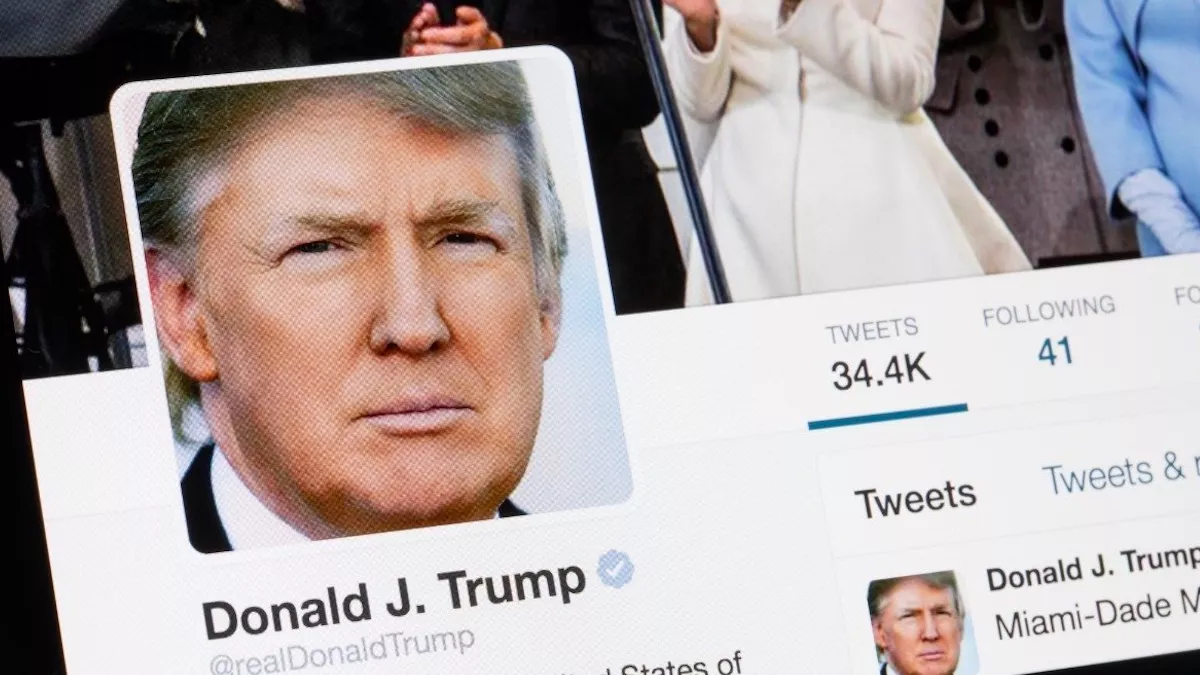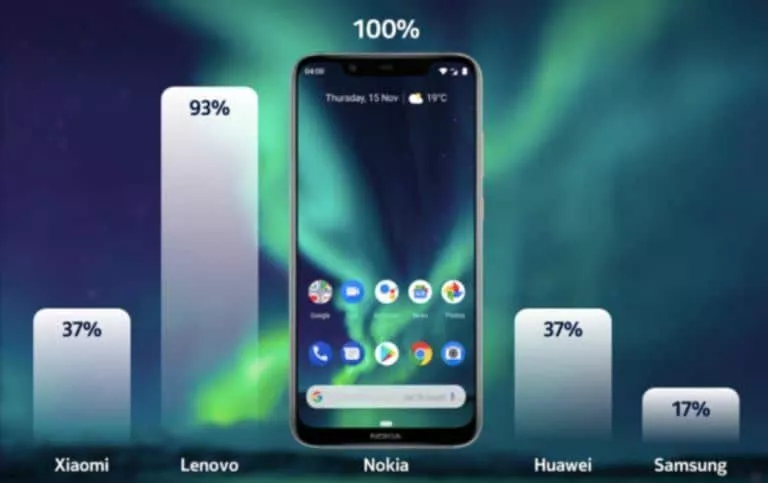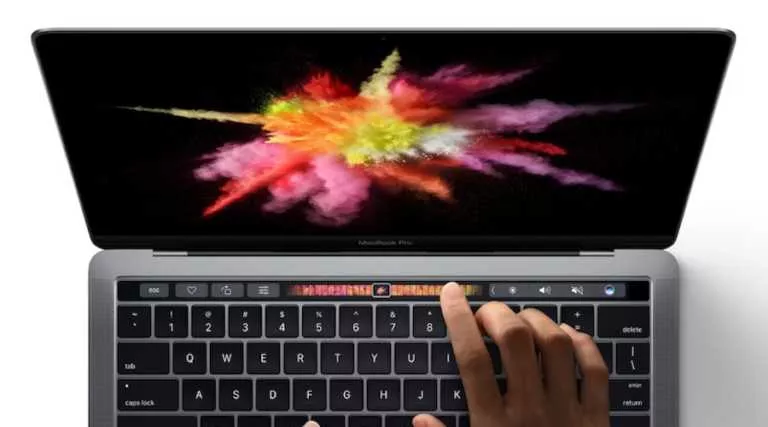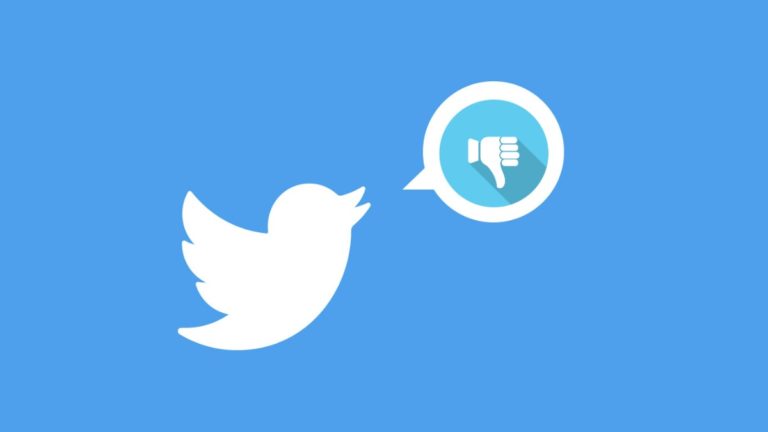Study Says Trump Used Twitter To Bypass “Checks In Policy-making”

A new study published in the journal Contemporary Politics argues that Donald Trump used Twitter and other social media to bypass checks on his power. The study only uses Trump and Twitter as an example, saying more populist leaders around the world are doing the same.
It points out 3 times when Trump used social media to undermine proper procedures to get what he wanted. It also says Trump’s “efficient” use of Twitter let him achieve political change without going through the proper channels.
It is safe to say that his use of social media could be the reason he flipped on the platforms when he was restricted from using them. After the capitol hill incident, Facebook and Twitter banned Trump.
Trump And Twitter: Chaotic But Poetic
It may sound like the beginning of a revolution to some, but Trump’s use of Twitter just allowed him to do whatever he wanted, without any checks. The study points out that over 1,600 scientists left their jobs under the Trump administration.
The abstract of the study quotes three instances where Trump used ‘discourse’ to get his way. Here’s the excerpt from the study:
Trump used discourse first to discipline the federal bureaucracy, second to roll back Obama-era social and environmental regulations, and third to reorient the US migration policy. His discourse became pervasive thanks to his efficient use of Twitter, which allowed him to achieve political change without going through formal institutional channels.
Osman Şahin, Richard Johnson & Umut Korkut (2021) Policy-making by tweets: discursive governance, populism, and Trump Presidency, Contemporary Politics, DOI: 10.1080/13569775.2021.1935009
What happened here is that Trump used his following on Twitter to pressure the people who were supposed to keep a check on his decisions. It seemingly worked, since President Trump got what he wanted, in all the situations quoted here.
Trump practically used social media to make premature claims, announcements, and quotes. The bureaucracy later had to sweep in and clean up the mess. While the study doesn’t name other leaders, it takes Trump as a representative of ‘populists.’
Britannica defined populism as a “Political program or movement that champions, or claims to champion, the common person.” Such leadership usually comes into effect with mass appeal or approval from a section of society.
The study also concludes “discursive governance” as one of the ways used to “undermine democratic institutions.” Here’s an excerpt from the study’s conclusion:
As Trump tweeted, his policy advisors scrambled to come to his support, even if this meant inventing subsequently crude legal justifications that defied established norms.
Osman Şahin, Richard Johnson & Umut Korkut (2021) Policy-making by tweets: discursive governance, populism, and Trump Presidency, Contemporary Politics, DOI: 10.1080/13569775.2021.1935009
In essence, Trump’s use of Twitter damaged the due process that was meant to be followed for policy-making. Another takeaway from the study is that Trump is an example that was taken to understand the situation.
There are other populist leaders that use discourse and social media to circumvent due process. It points out countries like Turkey, Hungary, India, and the United States among the ones hit by such use of social media by populist leadership.






